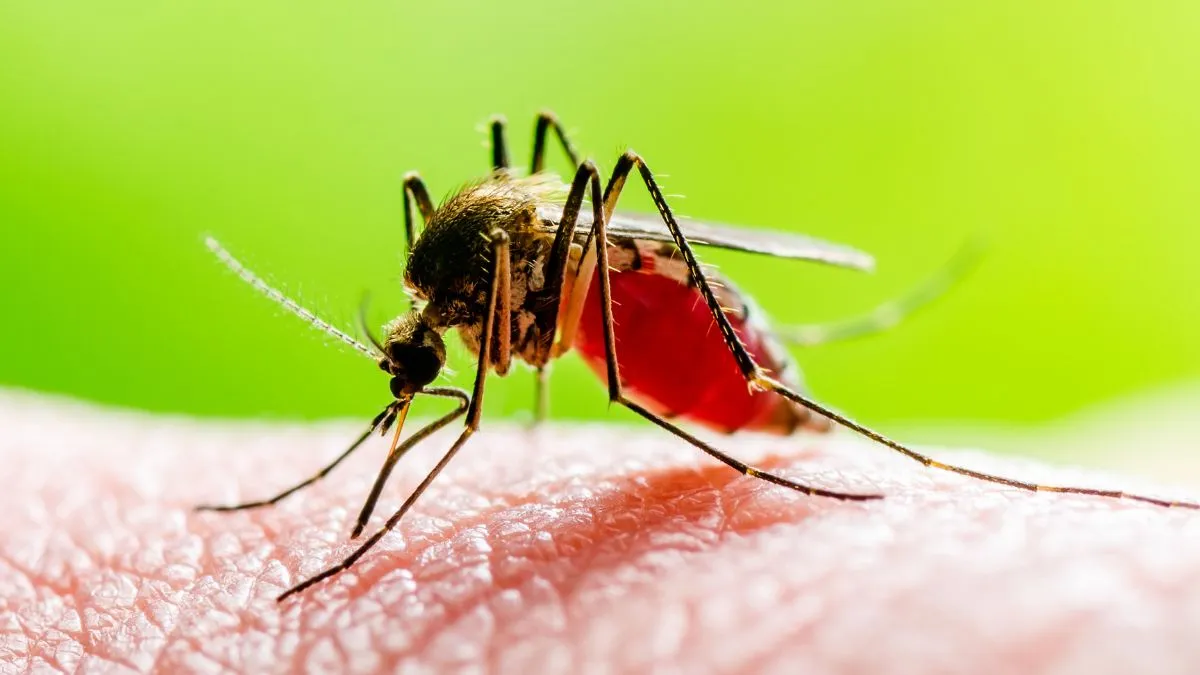- By Iram Hussain
- Mon, 21 Jul 2025 05:11 PM (IST)
- Source:JND
Dengue, malaria and chikungunya cases surge during the monsoon season, typically between July and October. These vector-borne diseases have severe adverse impacts including high fever, joint pain and even death. Dengue can lead to hemorrhagic fever, malaria can cause organ failure and chikungunya can result in chronic joint pain. To address the increasing threat of mosquito-borne diseases like dengue, malaria and chikungunya, experts emphasise the importance of a multi-faceted prevention strategy that combines personal protection, environmental cleanliness and community participation.
In a conversation with The Daily Jagran, Dr. Narander Singla, Lead Consultant – Internal Medicine at the CK Birla Hospital, Delhi shared tips to stay protected from dengue, malaria and chikungunya.
Tips To Stay Safe From Dengue, Malaria And Chikungunya
Personal Protection
Prevention begins with protecting yourself from mosquito bites. Applying mosquito repellents that contain ingredients like DEET, picaridin or IR3535 on exposed skin and clothing can significantly reduce the chances of being bitten. For additional safety, consider wearing clothing treated with permethrin, a repellent that remains effective even after multiple washes. Wearing long-sleeved shirts, full-length pants, socks and closed shoes also helps minimise skin exposure and prevent mosquito bites. Additionally, ensure that mosquito screens are installed on windows and doors to keep your living spaces free from mosquitoes.
ALSO READ: What Causes Malaria In Summer? Doctor Explains Major Risk Factors
Environmental Cleanliness
Eliminating mosquito breeding sites is crucial in reducing the spread of these diseases. Stagnant water serves as the perfect breeding ground for mosquitoes, so it is important to regularly check and empty containers such as flowerpots, water coolers, and overhead tanks. Garbage should be disposed of properly, especially items like discarded tires, cans or plastic containers that can collect rainwater. Also, ensure that all water storage units are kept tightly covered and cleaned frequently to prevent mosquito larvae from developing.
Hydration Is Key
Supporting your body’s recovery and immunity is another important step. Staying well-hydrated is essential, particularly if one is recovering from a mosquito-borne illness. Drinking fluids such as coconut water, fresh juices, soups and electrolyte-rich drinks helps maintain fluid balance. At the same time, consuming a diet rich in antioxidants, vitamin C and zinc, found in a variety of fruits and vegetables can strengthen the immune system and improve the body’s resistance to infection. Maintaining personal hygiene and a clean home environment further reduces the risk of illness.
ALSO READ: Why Viral Fevers, Dengue And Typhoid Surge During Monsoon? Doctor Explains
Community Participation
Finally, community action plays a vital role in controlling mosquito populations. Organising or participating in local clean-up drives helps eliminate potential breeding grounds across neighbourhoods. Community education is equally important; raising awareness about mosquito prevention and control methods ensures collective responsibility. Collaborating with local authorities to implement mosquito control programs, such as fogging, larvicide spraying or introducing larva-eating fish can have a long-term impact in curbing the spread of these vector-borne diseases.


